Healey wants $1 billion each for life sciences, climate tech
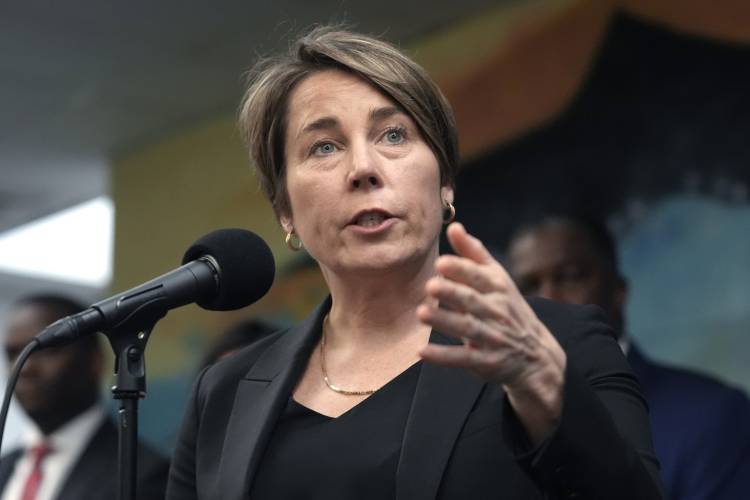
Massachusetts Gov. Maura Healey takes questions from reporters Wednesday, Jan. 31, 2024, after touring the Cass Recreational Complex, in the Roxbury neighborhood of Boston. The visit to the facility was held ahead of its planned opening as a temporary shelter site for families experiencing homelessness as the state continues to grapple with an influx of homeless migrants. (AP Photo/Steven Senne) Steven Senne
| Published: 03-04-2024 5:00 PM |
Filling in some blanks on her economic development plans, Gov. Maura Healey said Thursday she wants to reauthorize the life sciences initiative at $1 billion for the next decade, and launch a separate $1 billion, 10-year climate tech initiative that will include an offshore wind industry investment fund and tax credits.
Healey highlighted parts of her planned legislation, which she dubbed the “Mass Leads Act,” at Somerville-based Form Energy, an energy storage technology and manufacturing company.
The full bill remains a work in progress, and will likely be reworked and augmented by the Legislature once it is filed. Healey said the forthcoming bill calls for an overall investment of more than $3.5 billion.
“While it is ambitious what we’re putting forward, it’s also realistic and it’s responsible,” Healey said at a press conference with Cabinet secretaries, lawmakers and clean energy workers. “The tax incentives are proven to return dollars through economic growth and are tied to getting results, and the operating investments create equitable workforce pipelines that benefit Massachusetts residents.”
The bill will be designed to tackle racial, ethnic and geographic disparities, Healey said.
The governor also wants to fund an Applied AI Hub for $100 million in the legislation.
Healey’s office has yet to divulge other specific funding proposals but has described planned investments in cultural and creative sectors, advanced manufacturing and robotics, among other key sectors the administration says that Massachusetts should lead in or carve out its competitive advantage.
Healey’s life sciences initiative will include $500 million in capital funding for the Massachusetts Life Sciences Center, and inject $350 million into the life sciences tax incentive program. Another $150 million would cover operating resources, such as worker training and other strategic efforts to grow the life sciences sector and support early-stage companies, the administration said.
Article continues after...
Yesterday's Most Read Articles
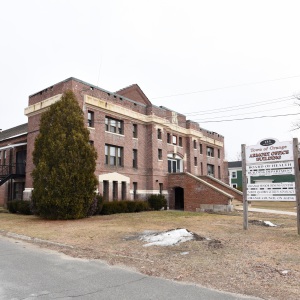 Orange Selectboard declares armory as surplus property
Orange Selectboard declares armory as surplus property
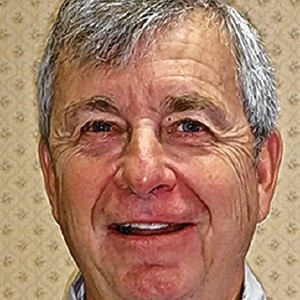 Sportsman’s Corner: Orange Gun Club’s Kids Derby
Sportsman’s Corner: Orange Gun Club’s Kids Derby
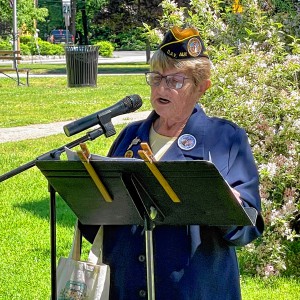 Volunteers repaint Athol gazebo for veterans memorial service
Volunteers repaint Athol gazebo for veterans memorial service
 Battery storage bylaw passes in Wendell
Battery storage bylaw passes in Wendell
 Debt-burdened UMass students, grads rally for relief
Debt-burdened UMass students, grads rally for relief
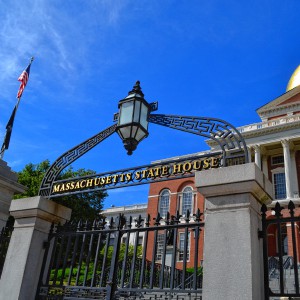 Committee forms to oppose psychedelics push in Mass
Committee forms to oppose psychedelics push in Mass
Healey also wants to raise the annual cap on life sciences tax incentives from $30 million to $50 million. Annual awards are subject to approval by Administration and Finance Secretary Matt Gorzkowicz, and “subject to recapture” if recipients fail to “substantially achieve the new state revenue, job growth and capital investment projections,” according to the administration.
The state’s large commitments to the life sciences sector began in 2008 under Gov. Deval Patrick and continued through Gov. Charlie Baker’s two terms in office. Healey is now poised to extend the commitment and the Legislature appears up for it too.
The governor’s climate tech initiative will propose $400 million in capital funding to the Massachusetts Clean Energy Center, split evenly across authorizations to support a clean energy investment fund and an offshore wind industry investment fund.
The clean tech plan incorporates $300 million in tax incentives. That includes a $35 million annual offshore wind tax credit, plus a new climate tech tax incentive program subject to a $30 million annual cap and with awards subject to approval by Gorzkowicz, according to newly released documents from the administration.
The initiative also recommends $300 million in operating support at the MassCEC, which can cover workforce development, strategic partnerships and internships, the administration said.
Secretary of Economic Development Yvonne Hao vowed the legislation would lead to a high return on investment.
“I’m all about having metrics, and tracking, and dashboards to make sure — this is taxpayer money, and we take that very seriously — how are we getting the biggest bang for the buck for these investments,” Hao said, as she invoked metrics like income inequality. “Every one of these initiatives has key pieces of data that we’ll be tracking to make sure that the investments will multiply in terms of the returns.”
Massachusetts has an annual bond cap of about $3.3 billion, and it grows by about $125 million per year, Gorzkowicz said. Administration officials factored in that growth when developing bond authorizations for economic development, housing and information technology initiatives, the secretary said.
“We’ve incrementally looked at what those increases would look like given our capacity over the next five years, so these bond authorizations that we’re talking about today that support climate tech and life sciences are part of our future plans, and we believe we have the borrowing to be able to cover a good portion of that,” Gorzkowicz said.
Gorzkowicz said officials will discuss the rest of the economic development package “later this week.”
“Many of those bond authorization are reauthorizations of existing bonds that we use on a regular basis,” he said. “So it’s a little bit of a different flavor of some new authorizations and existing ones, but we have factored those into our future borrowing needs.”
Julie Kim, Takeda’s U.S country head, said while the company is headquartered in Tokyo, its global hub is in Massachusetts. Kim said the company’s value chain is located across different areas of the state, including manufacturing, plasma donation centers, research and development labs and commercial infrastructure.
“The reason for this investment is simple: There is nowhere else in the United States, or quite frankly in the world, that has this type of bench-to-bedside health care ecosystem to drive innovation,” Kim said. “This environment has raised and will continue to raise the profile of Massachusetts as a world-class life sciences hub.”
Healey’s major proposal to strengthen or establish the commonwealth’s competitive advantage in key sectors comes as the governor enters her 15th month in office, and with just five months for the Legislature to handle a lengthy to-do list. The bill is based on an economic development plan that was filed in December and due in the governor’s first year in office.

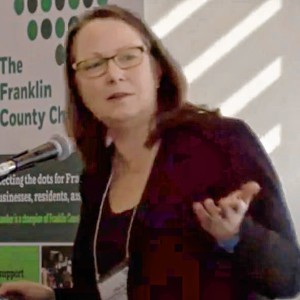 Office of Travel and Tourism director tours Franklin County, looks to increase presence
Office of Travel and Tourism director tours Franklin County, looks to increase presence Nature lovers gather at Adams Farm for hawk watch
Nature lovers gather at Adams Farm for hawk watch